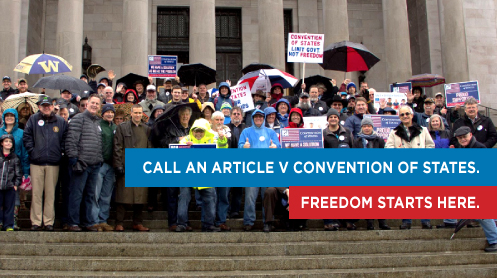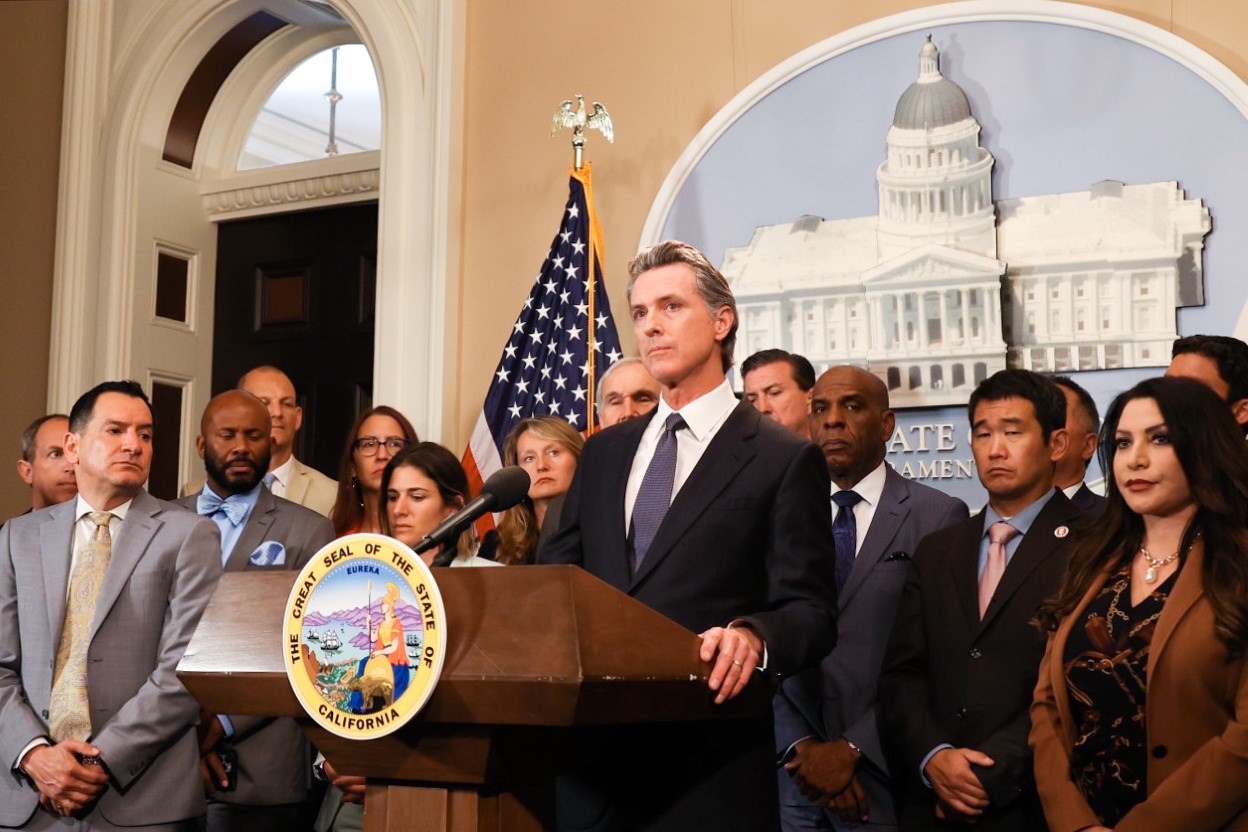How would you define a "Republican Government" guaranteed to the States in the Constitution in Article IV, Section 4?And no one represents the states interests. You could modify the wording to take care of the issues of the past.
Article IV, Section 4:
The United States shall guarantee to every State in this Union a Republican Form of Government, and shall protect each of them against Invasion; and on Application of the Legislature, or of the Executive (when the Legislature cannot be convened) against domestic Violence.
Here is how James Madison defined a Republican form of government in Federalist Paper #39:
If we resort for a criterion, to the different principles on which different forms of government are established, we may define a republic to be, or at least may bestow that name on, a government which derives all its powers directly or indirectly from the great body of the people; and is administered by persons holding their offices during pleasure, for a limited period, or during good behaviour. It is essential to such a government, that it be derived from the great body of the society, not from an inconsiderable proportion, or a favored class of it; otherwise a handful of tyrannical nobles, exercising their oppressions by a delegation of their powers, might aspire to the rank of republicans, and claim for their government the honorable title of republic. It is sufficient for such a government, that the persons administering it be appointed, either directly or indirectly, by the people; and that they hold their appointments by either of the tenures just specified; otherwise every government in the United States, as well as every other popular government that has been or can be well organised or well executed, would be degraded from the republican character.


